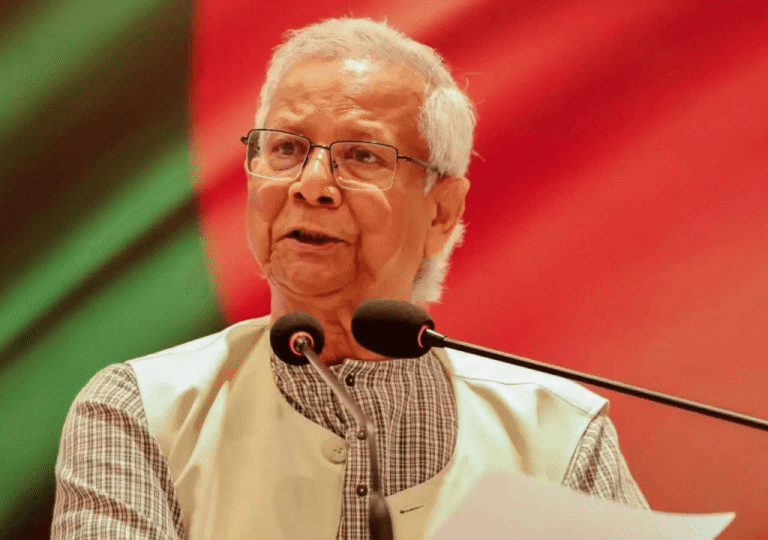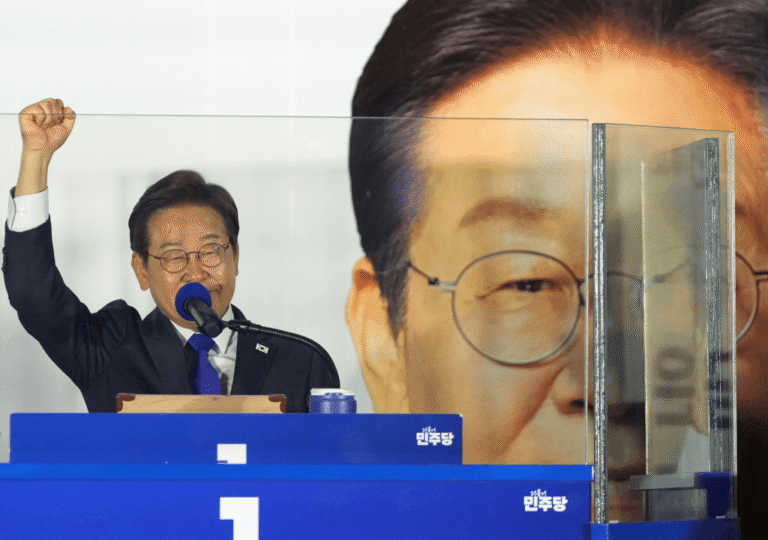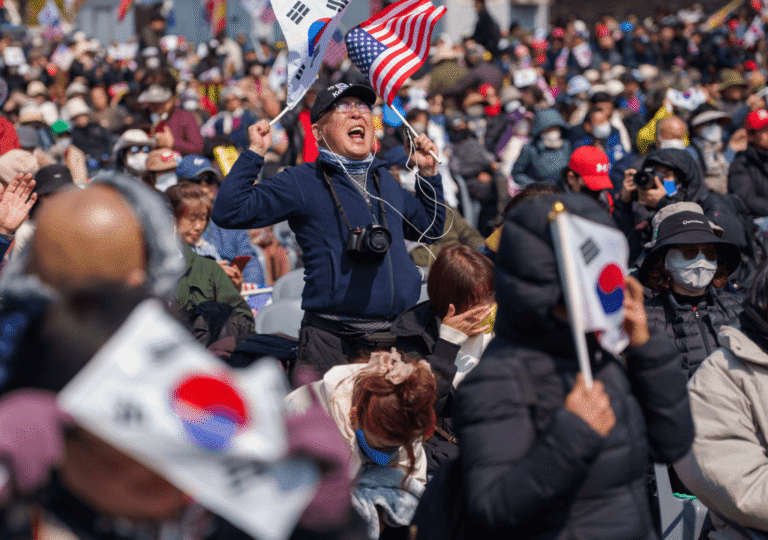Speculation is rife about the prospect of a state election in Sabah this year, despite the ongoing five-year mandate set to conclude in December 2025. The ruling Gabungan Rakyat Sabah (GRS) coalition has witnessed growing discussions surrounding the potential for an early election. While the GRS-led state government’s term is until September 2025, political analysts posit that GRS may leverage its strengthened position and new alliances before the Opposition can effectively organize. GRS and its component parties have had sufficient time to settle, in contrast to Opposition parties like Sabah Umno and Parti Warisan, which are still finding their footing.
The alliances forged during the 2020 state elections have undergone substantial transformations, with GRS aiming to solidify novel partnerships. Recognizing an opportunity to capitalize on the perceived vulnerability of Warisan, GRS may position Sabah Umno as its primary contender in Muslim Bumiputera seats. The last Sabah state election, held on September 26, 2020, marked a departure from the tradition of aligning with the Malaysia general election date The Gabungan Rakyat Sabah (GRS) coalition emerged victorious in this election, securing a simple majority of 38 seats. Within three days, Hajiji Noor from BERSATU–PN was sworn in as the Chief Minister. The GRS coalition, comprising Perikatan Nasional with 17 seats, Barisan Nasional with 14 seats, and PBS with 7 seats, became the largest electoral coalition in Sabah since September 2020.
Following the Malaysian general election in November 2022 and the formation of a government alliance between Pakatan Harapan and Barisan Nasional, GRS announced its inclusion in the alliance. Despite GRS members Bersatu, SAPP, and STAR initially aligning with Perikatan Nasional, they signed a cooperation agreement with other parties. MLAs and MPs from Bersatu Sabah announced their departure from the party to become direct members of GRS, aligning with the coalition at the federal level. On December 17, GRS officially expelled Bersatu from the coalition. STAR, another member party of both GRS and PN, announced its exit from PN on December 5. As of December 2022, SAPP is the only member party of both GRS and PN.
Despite these changes, the government’s status quo in Sabah remains unchanged. Although PH and WARISAN are allied with GRS at the federal level, they continue to oppose the GRS-led administration at the state level.
The Sabah political crisis of 2023, widely known in local media as Langkah Kinabalu or the Kinabalu Move, commenced in January, when the Gabungan Rakyat Sabah (GRS)-led state government of Sabah collapsed. The collapse occurred as the Barisan Nasional (BN), a key coalition party, withdrew its support. Bung Moktar Radin, the Leader of UMNO Sabah (a component party of BN) and the Kinabatangan Member of Parliament (MP), along with Lamag Assemblyman, attributed the withdrawal to a lack of confidence in Chief Minister Hajiji Noor’s leadership. UMNO Sabah expressed its intention to shift support from the GRS coalition to the WARISAN Plus coalition. On January 9, Malaysian leaders Prime Minister Anwar Ibrahim and Deputy Prime Minister Ahmad Zahid Hamidi travelled to Kota Kinabalu to engage with Sabah’s political leaders in an effort to address the crisis.
As of February 6, there have been no alterations in the status quo regarding the Sabah government. This was influenced by the public support extended to Hajiji by five UMNO MLAs, notwithstanding Bung’s decision. Additionally, a state cabinet reshuffle took place on January 11 as a response to the unfolding events. On May 25, the Sabah State Legislative Assembly ultimately sanctioned the Anti-Switching Parties Law, commonly referred to as the Anti-frogs habit.
While an early election could benefit GRS given its current strength, concerns about dissatisfaction and seat distribution within the coalition pose risks. Analysts caution that sabotages and significant losses could occur if internal tensions escalate. Despite the evolving political landscape, analysts believe that GRS could perform well if its rivals struggle to solidify alliances.
Elections have the potential to either fracture or fortify a coalition. According to reports, the Sabah government is exploring the latter scenario. There is an opportunity to call for elections to bolster the coalition, capitalize on the challenges faced by the opposition, and extend its tenure of rule.








